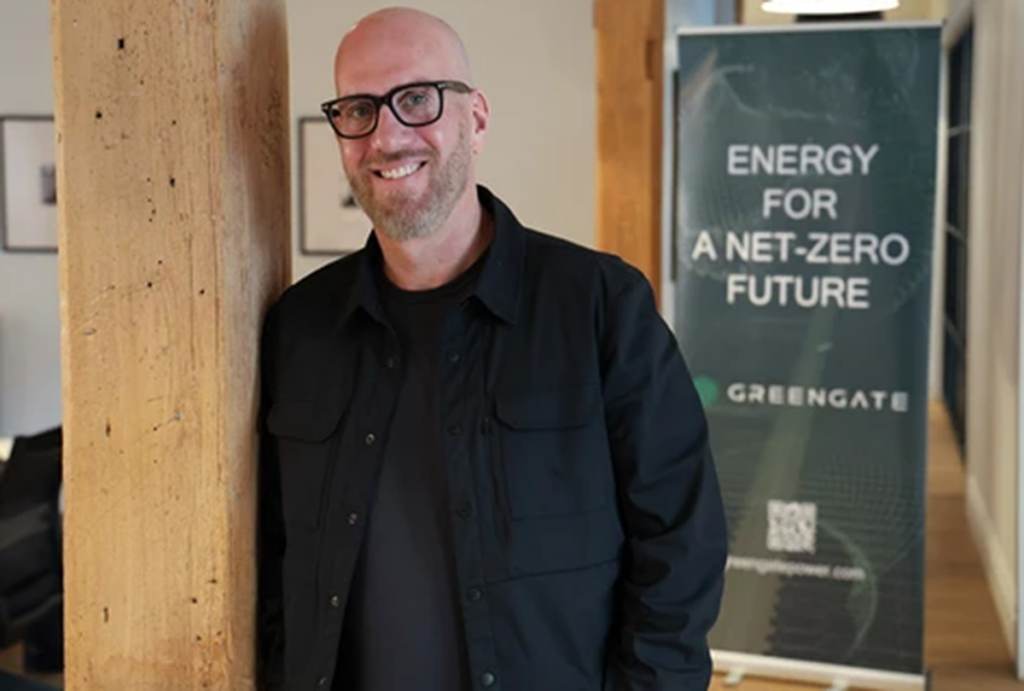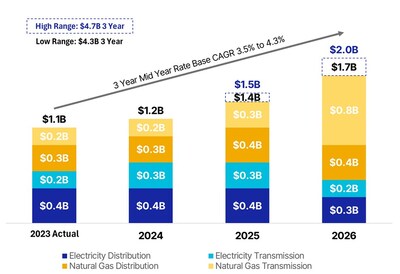
Greengate Power CEO Dan Balaban was photographed in Calgary on Thursday, February 22, 2024. Gavin Young/Postmedia
For the past several years, Alberta has been Canada’s leading destination and one of the top places in North America for renewable energy investment and development. However, the province’s recent moratorium on new renewable energy development, coupled with divisive dialogue across the country, has put this at risk. I believe these challenges are symptomatic of a larger issue: the politics of division — an approach that seems to dominate on every major issue, including energy, in Canada and across the globe.
The conversation around energy has been framed in an adversarial manner, pitting oil and gas against renewables. However, we can and should be developing both resources simultaneously. The energy transition will take time and, in the interim, we need all forms of energy to meet our growing needs. While the global commitment to achieving net zero remains, there is also growing scrutiny of the proposed time frames. In Canada, this skepticism is evident, manifested in the anxiety created in Alberta by the federal government’s proposal of an aggressive net-zero grid by 2035. The repercussions can be seen in the heightened political tensions between the provincial and federal governments, with the renewable energy industry caught in the crossfire.
This was recently demonstrated by the renewables moratorium in Alberta, which sent a profoundly negative signal through the industry. Recently lifted, the moratorium has resulted in a set of rules that could significantly hinder renewables growth by excluding substantial areas of the province from future development and complicating the regulatory process, making it riskier, more uncertain and lengthier than before.
The moratorium and subsequent rules have essentially killed Alberta’s renewables boom. While the sector will undoubtedly continue to grow, the province now seems unlikely to realize its full potential. This creates a challenge as the demand for electricity in Alberta continues to grow due to economic and population expansion, as well as the increasing usage of electricity in applications such as vehicles, buildings, industry and data centres. This underscores the need to quickly build new electricity generation and from a diverse mix of electricity sources — no single resource can meet all our needs. We should not be impeding investors ready to deploy capital into new sources of energy. Rather, we should be encouraging more renewable energy projects in Alberta.
Conversely, the federal government should consider Alberta’s unique challenges in achieving a net-zero grid by 2035, given the province’s relative lack of non-emitting baseload generation, such as hydro and nuclear, and its reliance on natural gas. We should be focusing on finding solutions to the complex problems we face as we strive for a net-zero grid. While the timeline for achieving this goal can be debated, there is consensus that net zero is the destination we need to reach to ensure the sustainability of human civilization. As a country, we should all be working toward solutions that enable us to reach this goal, not fighting.
Potential solutions include policies that encourage rather than discourage renewable energy investment, such as the proposed federal Clean Technology Investment Tax Credit. We should also prioritize the development of energy storage by finalizing policies that unlock private investment. Additionally, increasing grid integration across Western Canada could unlock the abundant hydro resources of British Columbia and Manitoba, and could significantly reduce the carbon intensity of the Alberta and Saskatchewan grids.
We must move beyond divisive politics and focus on solutions. The fight does not serve us.
When forming an opinion, do not be swayed by the simplistic messages that cloud the energy sector. Energy is a complex issue and the solutions often lie in finding a middle ground.
Let us work on a pragmatic and integrated approach that harnesses the power of both traditional and renewable energy sources for a sustainable and prosperous future in Canada.
Dan Balaban is co-founder and CEO of Greengate, a Canadian renewable energy developer. Greengate’s portfolio includes the development of Travers Solar, the largest solar project in Canada.
Share This:

.jpg)


